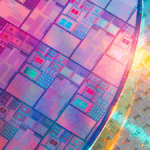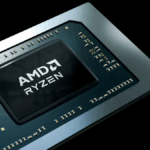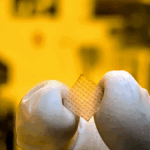OpenAI, known for its ChatGPT platform, is reportedly moving towards developing its first custom chip for powering its AI systems. This chip is expected to be produced in collaboration with Broadcom in the U.S. and Taiwan’s TSMC, although this information hasn’t been officially confirmed yet and comes via a Reuters report.
Despite this move towards in-house chip development, OpenAI is expected to continue using AI accelerators from AMD and NVIDIA to support its ongoing demands.
OpenAI gives up on having its chip factory.
OpenAI had initially explored an ambitious plan to build its chip manufacturing facility at an estimated cost of $5-7 trillion, which would also serve other tech companies. However, according to a recent Reuters report, OpenAI has reconsidered, focusing on developing a custom AI chip rather than investing in such a massive infrastructure project.
This shift aims to streamline AI advancement without the high costs and long timelines that a facility of this scale would entail.
Following this report, Broadcom’s shares rose by 4.5%, while AMD’s stock also saw a 3.7% increase. To date, neither OpenAI, Broadcom, nor AMD have commented on the report.
In search of independence
OpenAI currently trains its AI models on high-performance AI accelerator cards like NVIDIA’s H100 and H200 series and AMD’s Instinct MI300 GPUs. However, if the rumors about OpenAI developing its chips prove true, it would signal a significant shift in the hardware landscape. Such a move would mark OpenAI’s entry into the chip design space, potentially decreasing its reliance on third-party hardware for future AI advancements.
This potential development aligns with other recent disruptions in the tech industry, such as Qualcomm’s entry into ARM-based CPUs for Windows PCs, further diversifying the processor market. Together, these shifts could lead to increased innovation and competition, challenging the established dominance of traditional chipmakers and reshaping industry dynamics.










